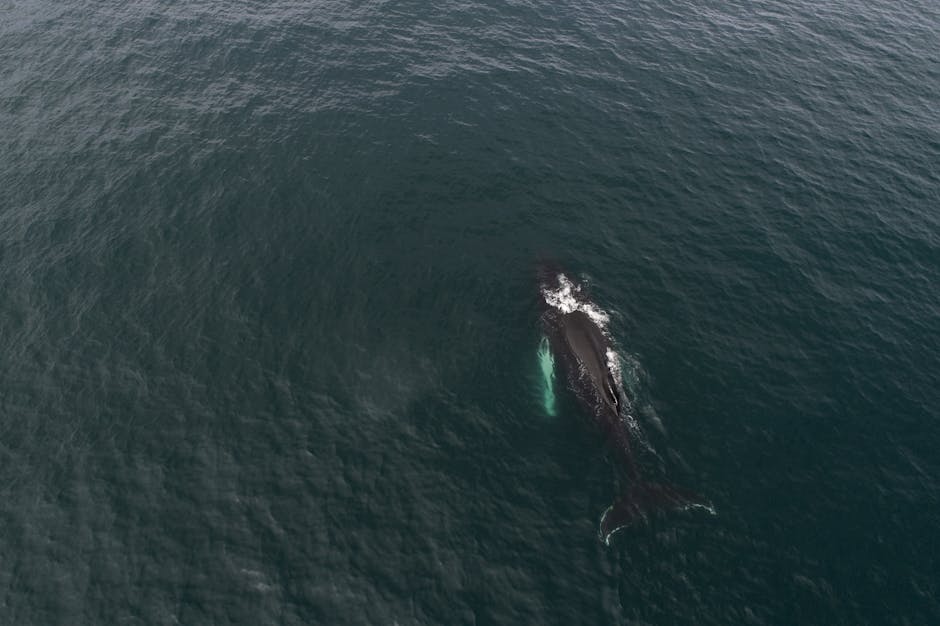Hey there! If you’re helping out in the garden, understanding measurements is very important. You might have heard about litres and gallons, which are two ways to measure liquids. Today, we’re going to learn how to convert 75 litres into gallons.
Let’s break it down! A litre is a metric unit used lots in places like Canada and Europe, while a gallon is used mostly in the United States. To make it easier to understand, you can think of it like this:
1 gallon is about 3.785 litres. So, if we want to change 75 litres into gallons, we can use this formula:
$$ \text{Gallons} = \frac{\text{Litres}}{3.785} $$
That means:
$$ \text{Gallons} = \frac{75}{3.785} $$
When you do the calculation, you’ll find that 75 litres is about 19.81 gallons.
Why does this matter for gardening? If you get a garden hose or a watering can that holds gallons, it’s important to know how much you’re using so your plants get the right amount of water!
Now, if you want to get a better idea of what 75 litres looks like, here are 7 objects that are exactly equal to 75 litres:
- A large fish tank – many big tanks can hold around 75 litres of water.
- A rain barrel – these are often made to store rainwater and can hold 75 litres.
- An average-sized keg (like you might see at a party) – they can also hold close to this amount.
- A really big cooler – the ones that people take camping sometimes can be around 75 litres.
- A typical bucket used for cleaning – if you fill enough of them, you might add up to 75 litres.
- A large backpack sprayer – these can be used to spray water or solutions on plants.
- A baby swimming pool – some small inflatable pools can hold about 75 litres of water.
So, next time you’re watering your plants or filling up a fountain, remember how much 75 litres really is! Happy gardening!
